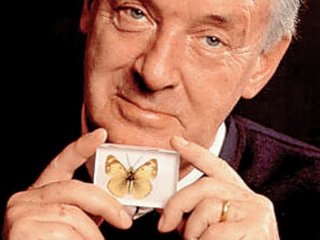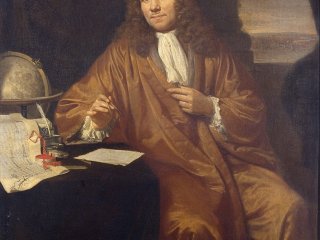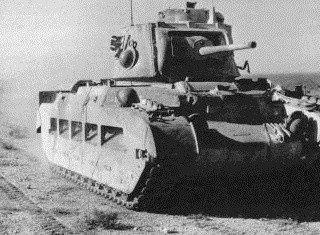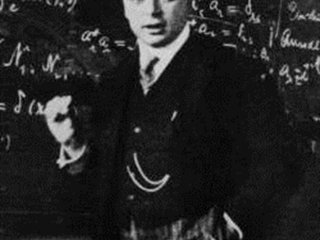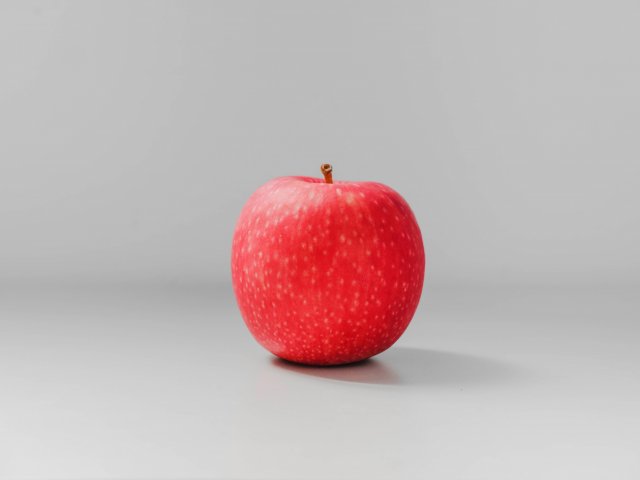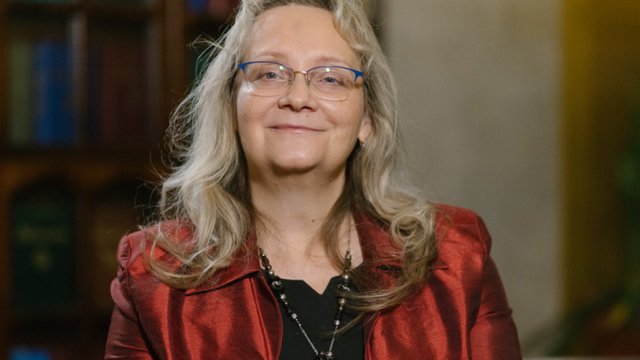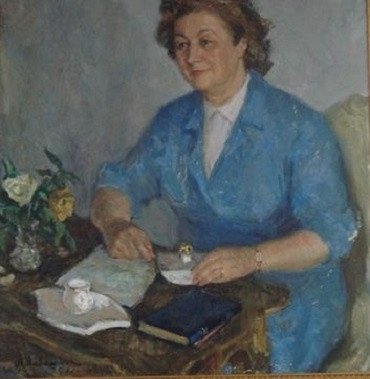
“As for crustosin, we can definitely say that its golden hours began in the spring of 1944. We were working in two shifts, there were a lot of people engaged, while new employees used to appear every month in a small back wing in the institute courtyard. Thank God, we did not have to use the bedside tables from the desk anymore – the abundant race of molds was freely growing in the cozy stuffiness of the equipped room incubator... Thus, everything was fine...” This is a quote from the Open Book novel by Veniamin Kaverin. Kaverin copied his main character, doctor Tatyana Vlasenkova, from a real person, Zinaida Vissarionovna Ermolyeva, who was a professor at the time of book creation and a full member of the Academy of Medical Sciences of the USSR afterwards. Oxford University professor Howard Florey who was defeated by Zinaida Ermolyeva in the quality of penicillin produced by them used to jokingly call her “Madame Penicillin.” The book she had read predetermined her fate: from it, the future luminary of microbiology learned about the tragic death of Tchaikovsky. He died of cholera, and resolute Zinaida decided that she would defeat this disease. She started tackling this issue: “...I used to get into the laboratory through a small window in the morning,” Zinaida Vissarionovna later said about her years of studying at the Medical Faculty of the North Caucasus University in Rostov. “Everything around me was closed, but I wanted to devote an extra hour or two to my experiments.” She was not satisfied with that hour or two: Zinaida Ermolyeva devoted her entire life to experiments and research work. Talented and efficient Zinaida Vissarionovna devoted many years to the study of cholera, and even made one of the experiments on herself. Her dedication was rewarded – Ermolyeva discovered luminous Vibrio cholerae that was later named after her. Besides, during the Great Patriotic War, Zinaida Vissarionovna bravely defeated cholera: the cholera bacteriophage she had created saved Stalingrad from the epidemic. In addition, she established its in-situ production: a train with this medicine was bombed by the Nazis. She donated the Stalin Prize for this incredible work to build an airplane. The fighter was named after her: Zinaida Ermolyeva. At the same time, at the height of the war, Zinaida Ermolyeva produced domestic penicillin-crustosin. It surpassed its foreign analog, and Kaverin also wrote about it: “As the commission established that the doses of the penicillin-crustosin made by the All-Union Institute of Experimental Medicine were, having equal clinical efficacy, significantly – up to ten times – lower than those of the Oxford’s option...” Besides, Ermolyeva saved her repressed ex-husband being, by the way, a brother of Veniamin Kaverin – thanks to her intercession, remarkable scientist Lev Zilber was released from the dungeons.
